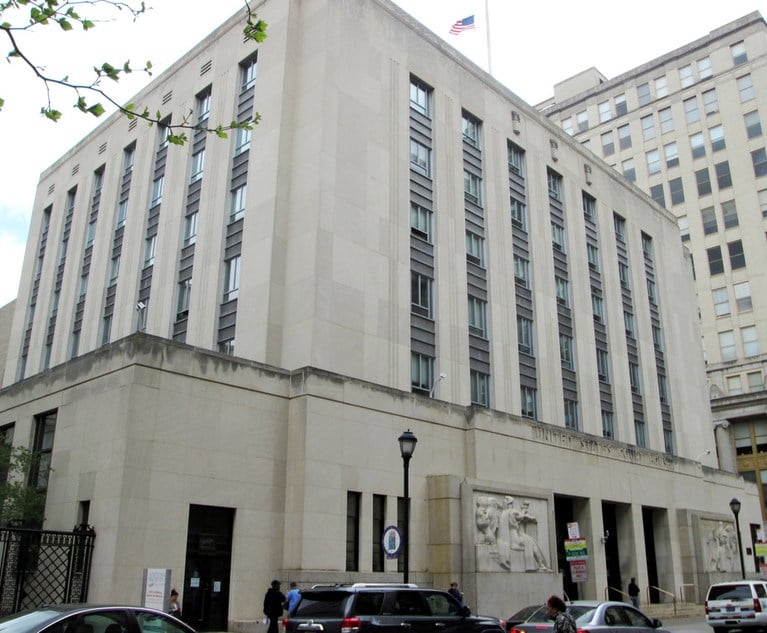While landowners have a constitutionally protected right to use and enjoy their property as they desire, that right is not without legal, or practical, limits. Many development plans, whether for a large shopping complex or a small garden shed, are thwarted by the limitations of the relevant zoning ordinance, the unique physical characteristics of the property, or both. Most of the time, the landowner must simply revert to a plan that fits within the confines of both law and land. However, in exceptional circumstances, where strict application of the zoning ordinance to a particular parcel would result in an unnecessary hardship, a variance acts as a “relief valve;” it allows a deviation from the strict terms of a zoning ordinance to permit the owner’s reasonable use of the property.
Variance applications fall under the exclusive jurisdiction of the municipality’s zoning hearing board, a quasi-judicial entity appointed by the governing body. A zoning hearing board may grant variances only under exceptional circumstances and an applicant faces a heavy burden of both proof and production. The Municipalities Planning Code (the MPC), 53 P.S. §10910.2(a), which sets forth standards and procedures for zoning in all Pennsylvania municipalities except Pittsburgh and Philadelphia, authorizes a municipality’s zoning hearing board to hear requests for variances based on allegations of unnecessary hardship. A zoning hearing board may grant a variance provided the following findings are made:
- That there are unique physical circumstances or conditions, including irregularity, narrowness, or shallowness of lot size or shape, or exceptional topographical or other physical conditions peculiar to the particular property and that the unnecessary hardship is due to such conditions and not the circumstances or conditions generally created by the provisions of the zoning ordinance in the neighborhood or district in which the property is located.
- That because of such physical circumstances or conditions, there is no possibility that the property can be developed in strict conformity with the provisions of the zoning ordinance and that the authorization of a variance is therefore necessary to enable the reasonable use of the property.
- That such unnecessary hardship has not been created by the appellant.
- That the variance, if authorized, will not alter the essential character of the neighborhood or district in which the property is located, nor substantially or permanently impair the appropriate use or development of adjacent property, nor be detrimental to the public welfare.
- That the variance, if authorized, will represent the minimum variance that will afford relief and will represent the least modification possible of the regulation in issue.


 Anna Z. Skipper,left, and Krista-Ann M. Staley,right, of Babst, Calland, Clements and Zomnir.
Anna Z. Skipper,left, and Krista-Ann M. Staley,right, of Babst, Calland, Clements and Zomnir.




